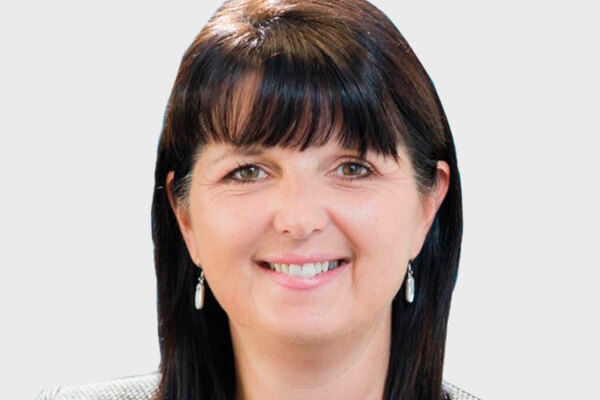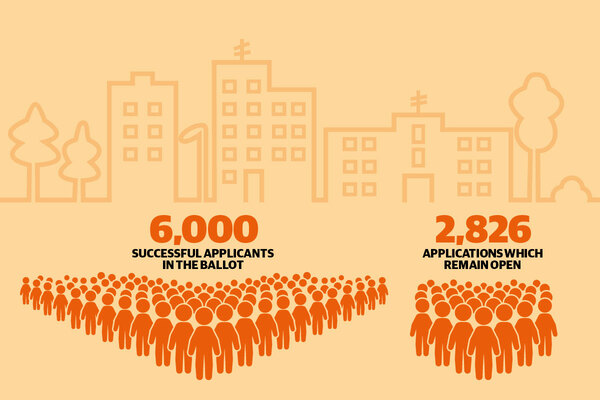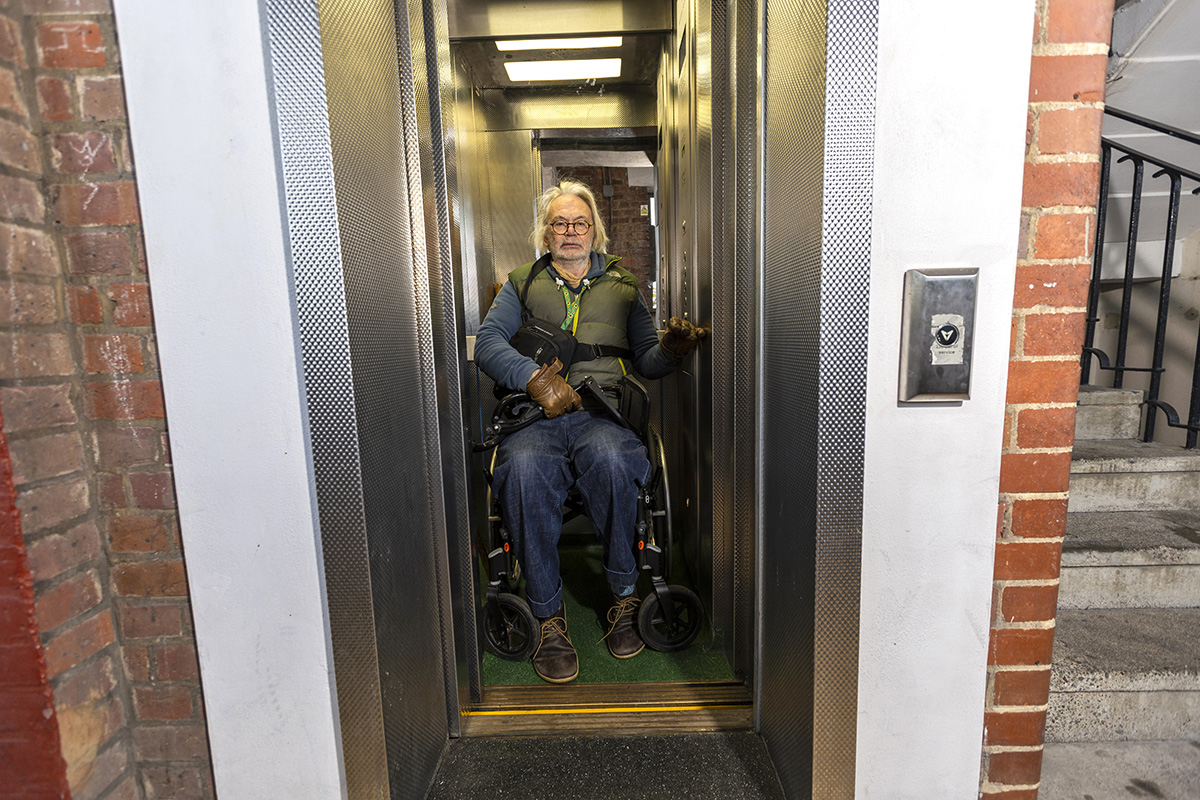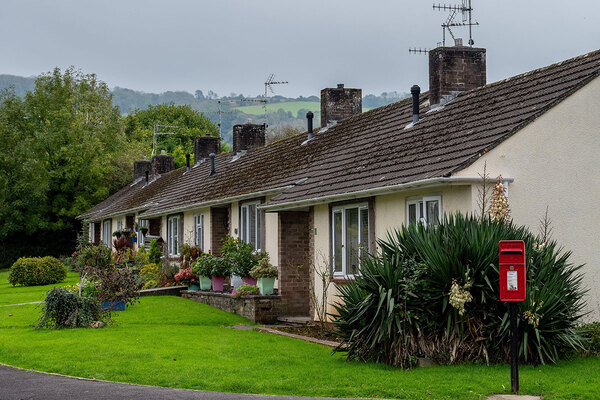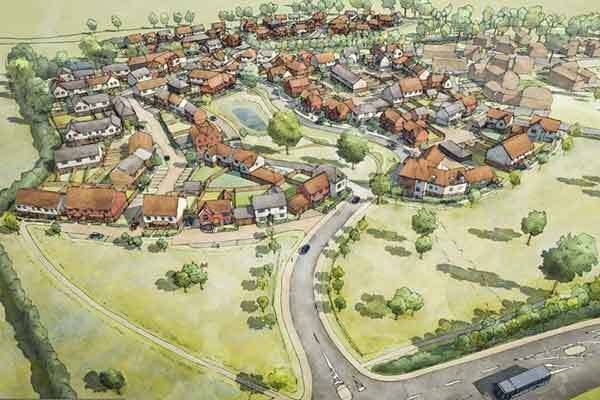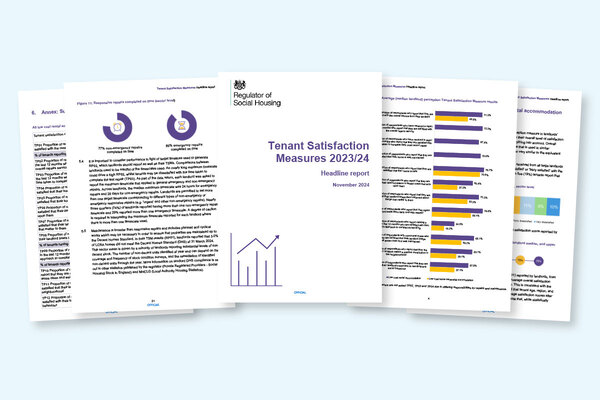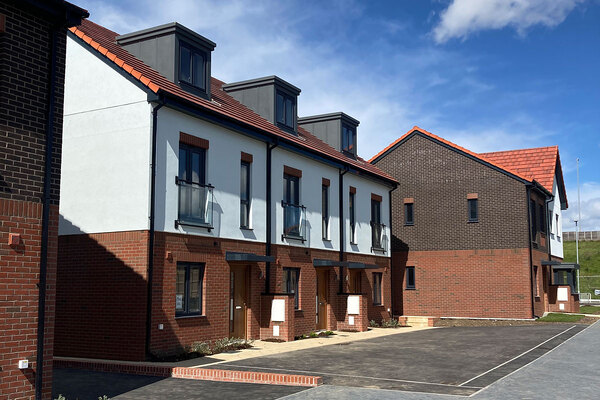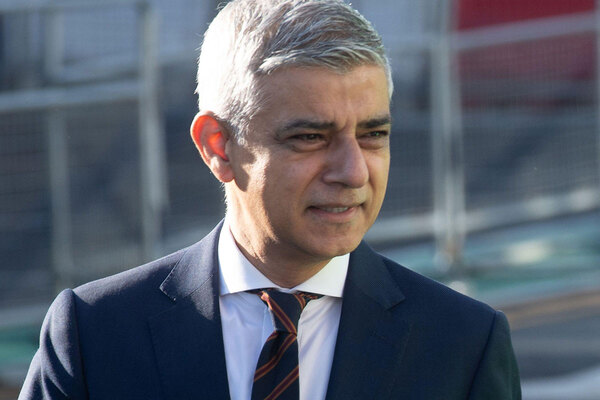You are viewing 1 of your 1 free articles
Voluntary Right to Buy pilot cash was redirected to ACM fund
Ministers redirected cash set aside for the regional Voluntary Right to Buy (VRTB) pilot to pay for the removal of dangerous cladding from private sector blocks amid unexpectedly low demand, Inside Housing has learned.
Launched in August 2018 for housing associations across the Midlands, the VRTB pilot was tied to £200m of funding predicted to pay for discounts on around 3,000 sales.
But a recent Freedom of Information (FOI) response from the Ministry of Housing, Communities and Local Government (MHCLG), seen by Inside Housing, said: “The applications and sales progressed more slowly than expected, and the level of dropout was higher than was forecasted, which meant that there was spare budget in 2019/20.
“Ministers decided to allocate some of that budget to urgent priorities, including the Private Sector ACM [Aluminium Composite Material] Cladding Remediation Fund.”
Amid campaigning from Inside Housing and other groups, the government announced a £200m fund to remove and replace Grenfell-style ACM on around 170 private sector residential high rises in May 2019.
At the time, then housing secretary James Brokenshire said the money would come from MHCLG’s existing budgets.
MHCLG has not disclosed how much was diverted from the VRTB pilot to the cladding fund, but the FOI information released reveals that £115.4m had been spent funding discounts as of 5 October with only “a few sales still to go through to completion”.
More than 9,000 housing association tenants registered for a ballot to buy their home through the pilot, with 6,000 getting through successfully.
Of these 6,000, only 3,879 (65%) then applied to proceed with the purchase, and of those that did, 2,031 (52%) have since cancelled their application or had it terminated by their housing association.
MHCLG said 1,791 sales have now been completed, an increase of 10 since 5 October with the COVID-19 pandemic impacting on transactions.
The pilot was initially due to end in spring, but was extended during the first coronavirus lockdown.
Demand for ‘portability’ – which allows tenants to use their VRTB discount on a home they do not live in if theirs is exempt from the scheme – is understood to have been particularly low.
A spokesperson for MHCLG said: “The Midlands pilot of the Voluntary Right to Buy has given thousands of housing association tenants the opportunity to buy their home with a Right to Buy level discount.
“We will evaluate further pilot areas and set out more details on this in due course.”
In June this year, the National Audit Office revealed that only £1.4m had been paid out by the private sector ACM fund in its first year.
The Voluntary Right to Buy explained
- Discounts for eligible HA tenants are at the same rates as local authority tenants in the statutory Right to Buy scheme (between 35 and 70 per cent of the value of the property, to a maximum of £80,900 – whichever figure is lower)
- Eligibility is determined by the government, with discounts funded by the government’s £200m pilot scheme
- HA boards have the final decision over which homes to sell, with the presumption that they will sell a tenant their current home if possible
- Where they decided not to do so, the government compensates HAs to apply the discount to an alternative property – known as ‘porting’
- ‘Flexible one-for-one’ replacements are incorporated, meaning for every Voluntary Right to Buy sale, a new affordable property will be built – overall, meaning some HAs will replace at a ratio greater than, and some lower than, 1:1
Sign up for our daily newsletter
Already have an account? Click here to manage your newsletters


